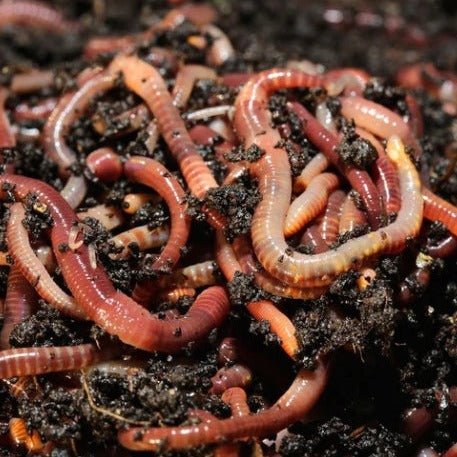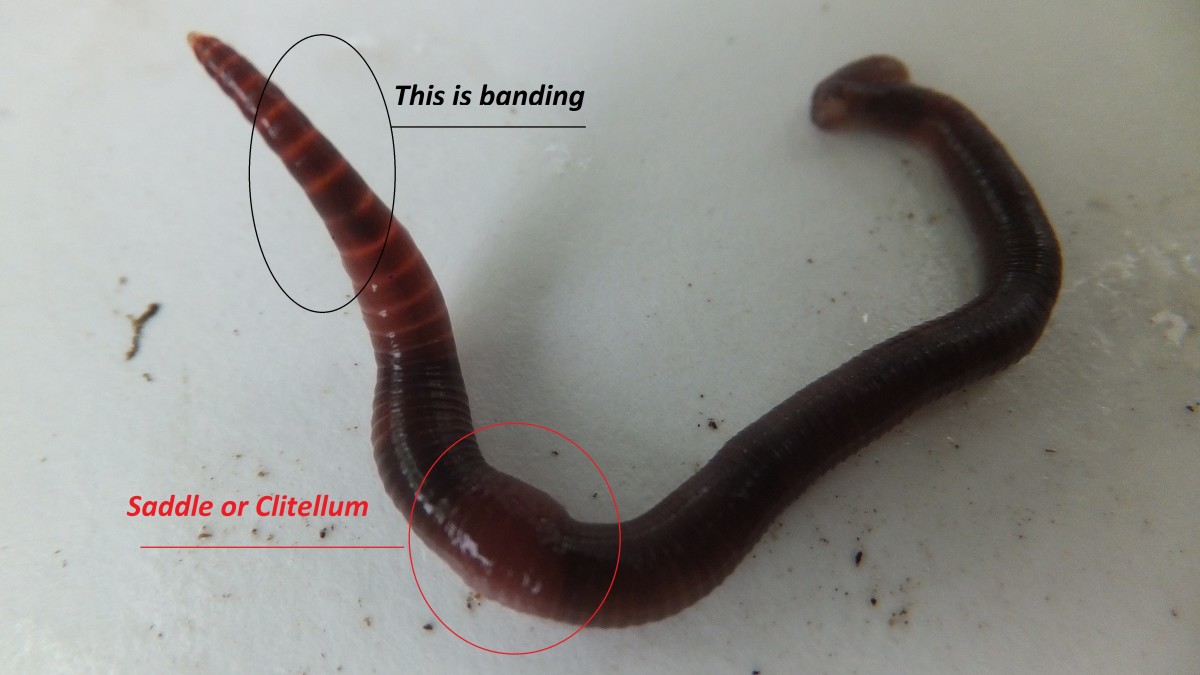Unlock the Tricks of Red Wigglers: Your Guide to Composting Success
The integration of red wigglers right into composting methods offers a considerable opportunity for improving dirt wellness and advertising sustainability. Recognizing their needs and actions is crucial for maximizing their possibility, from establishing up a suitable worm container to feeding them the appropriate materials.

What Are Red Wigglers?
(Lake Hickory Bait)Red wigglers, medically referred to as Eisenia fetida, are a species of earthworm mainly made use of in composting due to their remarkable capacity to decompose organic matter effectively. These worms are identified by their reddish-brown pigmentation and a segmented body, usually gauging in between 3 to 4 inches in size. Unlike other earthworm varieties, red wigglers thrive in abundant, organic environments, making them optimal for vermicomposting systems.
Belonging To The United States And copyright, they are usually found in rotting leaves and compost heaps, where they play a crucial duty in nutrient recycling. Their adaptation to staying in a wet, cardio atmosphere enables them to eat huge quantities of natural waste, simplifying into nutrient-rich spreadings that boost soil health and wellness.
Red wigglers reproduce quickly, with a single worm capable of creating several cocoons each week, each consisting of several hatchlings. Comprehending the biology and habits of red wigglers is necessary for maximizing their capacity in composting applications.
Benefits of Utilizing Red Wigglers
Using the power of red wigglers in composting supplies countless benefits that improve dirt health and promote sustainable waste management. These remarkable organisms effectively damage down raw material, transforming kitchen scraps and lawn waste into nutrient-rich vermicompost. This ended up item is incredibly advantageous for plant growth, as it improves soil structure, boosts moisture retention, and enhances nutrition accessibility.

(Lake Rhodhiss Bait)Additionally, the presence of red wigglers in your composting system can accelerate the composting process, producing top quality garden compost in a fraction of the moment contrasted to traditional approaches. The castings produced by these worms are additionally bursting with advantageous bacteria that further enrich the soil environment.
Establishing Your Worm Container
Developing an effective worm bin is an uncomplicated process that can dramatically enhance your composting efforts. Worm containers can be made from plastic storage space bins, wooden boxes, or commercially offered worm bins.
Following, prepare the bed linens material, which offers as the worms' environment. A mix of shredded paper, cardboard, and coconut coir works well, offering a comfortable atmosphere for the worms.

Feeding Your Red Wigglers
To make sure the health and performance of your red wigglers, it is important to supply them with a balanced diet regimen that satisfies their nutritional demands. Red wigglers thrive on a varied range of natural materials, which not just supply necessary nutrients yet also advertise efficient composting.
Start by including kitchen area scraps such as veggie peels, fruit cores, and coffee grounds. Stay clear of citrus fruits, onions, and garlic, as these can be harmful to worm wellness. Furthermore, present shredded paper, cardboard, and dry fallen leaves to produce a well-aerated environment.
Feeding frequency need to be kept an eye on; generally, worms can take in half their body weight in food weekly. It is crucial to prevent overfeeding, as excess food can lead to unpleasant smells and attract parasites. A good method is to include food in percentages, permitting worms to process it before presenting more.
Preserving wetness degrees is additionally crucial; the bed linens must perspire however not soaked. Last but not least, be sure to consistently examine the temperature and pH degrees of the container to ensure an optimal atmosphere for your red wigglers, inevitably boosting their composting efficiency.
Harvesting and Using Garden Compost
A successful composting process with red wigglers finishes in the abundant, dark compost known as vermicompost, which can considerably enhance dirt wellness and plant growth. Collecting this nutrient-dense product commonly happens every three to six months, relying on the dimension of your system and the amount of natural issue being processed.
To harvest, gently different the compost from the worms and any undecomposed products. One efficient method entails relocating the contents of the container to one side and adding fresh bed linens and food to the vacant space, urging the worms to move. After a few days, the garden compost can be collected from the contrary side.
It is necessary to use vermicompost correctly to optimize its benefits. It can be utilized as a top clothing for garden beds, combined into potting dirt, or brewed right into a nutrient-rich liquid plant food referred to as "worm tea." This application approach aids to provide important nutrients straight to plant roots, advertising healthier growth. By including vermicompost into your horticulture regimen, you not just recycle natural waste but additionally create a growing community that sustains sustainable gardening techniques.
Conclusion
In recap, red wigglers act as extraordinary allies in composting initiatives, changing organic waste into nutrient-rich vermicompost (Red Wiggler Express). Their special organic qualities and effective waste handling capacities like this add significantly to sustainable gardening methods. By recognizing the optimum conditions for their environment, feeding needs, and garden compost harvesting techniques, gardeners can enhance soil health and wellness and promote plant vitality. Accepting vermicomposting not just minimizes landfill waste but also promotes a much more ecologically accountable technique to horticulture and source administration.